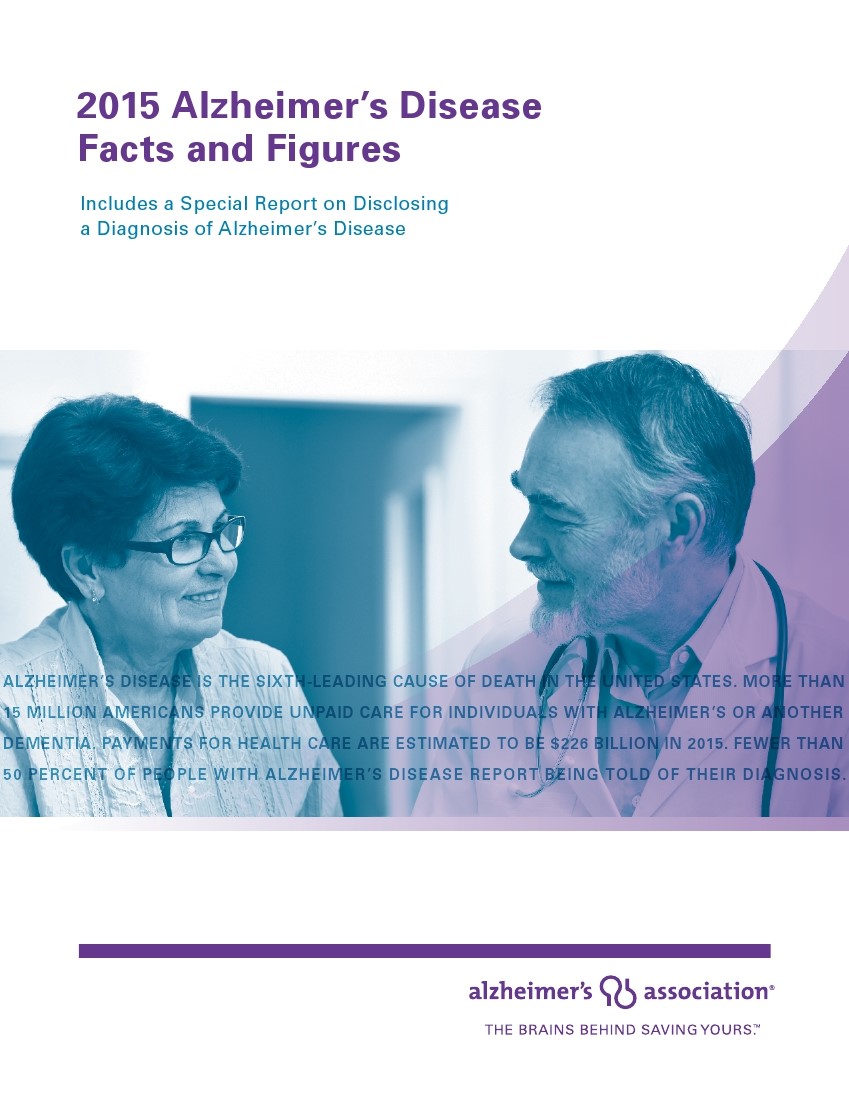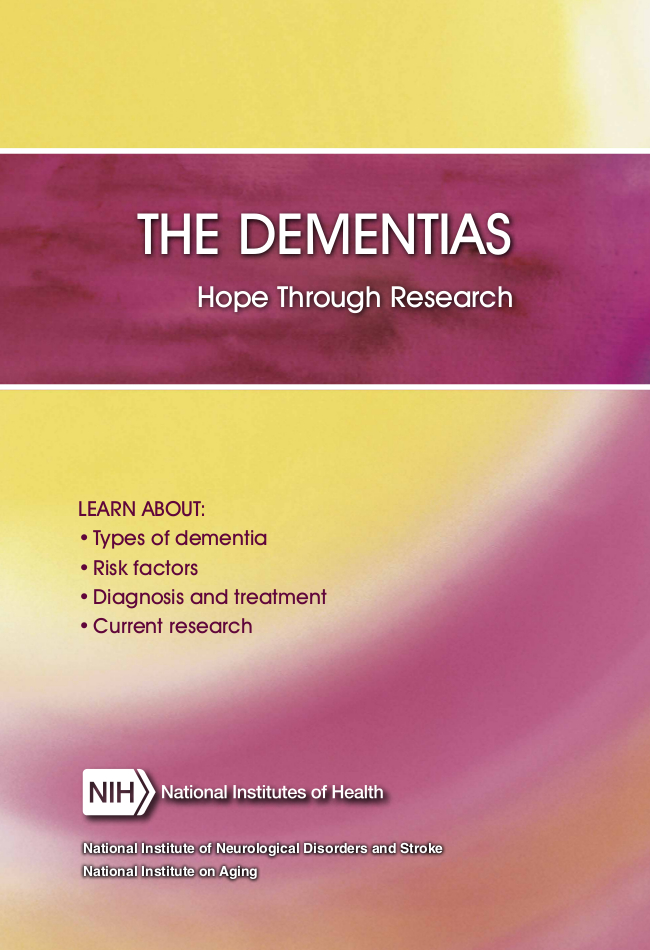Training & Education
Alzheimer’s and Dementia Caregiving Program Options
The Caregiver Support Initiative partners with the Alzheimer’s Association of Northeastern New York to provide education and training that help caregivers of individuals with Alzheimer’s disease and other forms of dementia to increase their skills and wellness. Trained presenters will conduct these programs in any setting where at least ten individuals are gathered. Each workshop consists of a formal presentation, interactive activities and follow-up materials.
For a list of currently scheduled events please the Alzheimer’s Association Northeastern NY Chapter website.
Community & Family Education Programs
Understanding Alzheimer’s and Dementia: This program explains basics of Alzheimer’s and dementia. In the United States alone, more than 5 million individuals are living with Alzheimer’s and 16 million are serving as their unpaid caregivers. The disease is a global crisis that impacts numerous families right here in our community. However, no one has to face this disease alone or without information. The Alzheimer’s Association® has created an education program covering the basics of Alzheimer’s and dementia to provide a general overview for people who are facing a diagnosis as well as those who wish to be informed. 30 or 60 minute program options are available This program will provide an overview on:
- Explores the relationship between Alzheimer’s disease and dementia.
- Examines what happens in a brain affected by Alzheimer’s.
- Details the risk factors for and three general stages of the disease.
- Identifies FDA-approved treatments available to treat some symptoms.
- Looks ahead to what’s on the horizon for Alzheimer’s research.
- Offers helpful Alzheimer’s Association resources.
10 Warning Signs of Alzheimer’s: Alzheimer’s and other dementias cause memory, thinking and behavior problems that
interfere with daily living. The Alzheimer’s Association® developed the new 10 Warning
Signs of Alzheimer’s education program to help people recognize common signs of the
disease and know what to watch for in themselves and others.
30 or 60 minute program options are available:
- Explores typical age-related changes.
- Describes common signs of Alzheimer’s and dementia.
- Offers tips for how to approach someone about memory concerns.
- Explains the importance of early detection and benefits of diagnosis.
- Details possible tests and assessments for the diagnostic process.
- Identifies helpful Alzheimer’s Association resources.
New Advances in Alzheimer’s Treatment: learn about aducanumab (Aduhelm™), a new advancement in Alzheimer’s treatment. 20 or 45 minute program options are available. This program will provide an overview on:
- How the drug was designed to work.
- Who may be a candidate for treatment.
- Potential benefits and side effects.
- Availability and pathways for access.
- Alzheimer’s Association resources.
Dementia Conversations — An education workshop offered by the Alzheimer’s Association. This program will offer helpful tips to assist families with difficult conversations related to dementia, including going to the doctor, deciding when to stop driving, and making legal and financial plans. This program is primarily designed for working adults who have a family member or close friend beginning to experience Alzheimer’s or another dementia. However, those who are not working will also benefit from the program. 30 or 45 minute program options are available.
Managing Money — A Caregiver’s Guide To Finances: If you or someone you know is facing Alzheimer’s disease, dementia or another chronic illness, it’s never too early to put financial plans in place. Join us to learn tips for managing someone else’s finances, how to prepare for future care costs and the benefits of early planning. 60 minute program.
Effective Communication Strategies — Communication is more than just talking and listening; it’s also about sending and receiving messages through attitude, tone of voice, facial expressions and body language. As people with Alzheimer’s disease and other dementias progress in their journey and the ability to use words is lost, families need new ways to connect. Join us to explore how communication takes place when someone has Alzheimer’s, learn to decode the verbal and behavioral messages delivered by someone with dementia, and identify strategies to help you connect and communicate at each stage of the disease. This program is appropriate for community presentations, corporate employee wellness meetings, support group programming and more. 30 or 45 minute program options are available.
Understanding and Responding to Dementia Related Behavior — Behavior is a powerful form of communication and is one of the primary ways for people with dementia to communicate their needs and feelings as the ability to use language is lost. However, some behaviors can present real challenges for caregivers to manage. Join us to learn to decode behavioral messages, identify common behavior triggers, and learn strategies to help intervene with some of the most common behavioral challenges of Alzheimer’s disease. Understanding and Responding to Dementia-Related Behavior is appropriate for community presentations, corporate employee wellness meetings, support group programming and more. 30 or 60 minute program options are available.
Living with Alzheimer’s: For Caregivers — Join us for this 8-part series of programs, 90 minutes each provide answers to the questions that arise in the early, middle and late stages of the disease. Hear from those directly affected and learn what you need to know, what you need to plan, and what you can do at each point along the way. The appropriate audience is friends and family members who care for someone with Alzheimer’s disease.
Living with Alzheimer’s For Caregivers: Early Stage— This 3-part series, 90 minutes each is designed to provide care partners with the knowledge, tools and strategies needed to cope with a diagnosis of Alzheimer’s disease or related dementia. The program is designed to help provide optimal care along the continuum of the disease in order to maintain quality of life.
Living with Alzheimer’s For Caregivers: Mid-Stage— This 3-part series, 90 minutes each program will help to provide you with the tools you need to take the next steps. In the middle stage of Alzheimer’s, gaps in memory and thinking become more noticeable and individuals begin to need help with day-to-day activities
Living with Alzheimer’s For Caregivers: Late-Stage— This is a 2-part series, of 90 minute programs, that offers an opportunity to learn about the late stage of Alzheimer’s disease and related dementias, and offers information about providing care, communicating, developing resources, working with your care team, and providing an optimal end of life experience. In both of these sections, you will have the opportunity to hear from other families and from professionals who are experts in the field of dementia.
Living with Alzheimer’s For Younger-Onset Alzheimer’s — When someone under 65 is diagnosed with Younger-Onset Alzheimer’s disease or related dementia, the first reaction is often shock or denial. This doesn’t happen to someone so young…does it? What does the diagnosis mean? What kinds of plans need to be made for everyone? What about work? What resources are available to help? Join us for this series of programs that provide answers to the questions that arise for people concerned about Younger-Onset Alzheimer’s disease or a related dementia. Hear from those directly affected and learn what you need to know, what you need to plan, and what you can do to ease the impact throughout the course of the disease. This is a 90 minute program.
Healthy Living for Your Brain and Body — Tips from the latest research, 30- or 45-minute program options are available. At any age, there are lifestyle habits we can adopt to help maintain or even potentially improve our health. These habits may also help to keep our brains healthy as we age and possibly delay the onset of cognitive decline. To help people age well, the Alzheimer’s Association® is offering the Healthy Living for Your Brain and Body: Tips from the Latest Research program. This workshop covers four areas of lifestyle habits that are associated with healthy aging:
- Cognitive activity
- Physical health and exercise
- Diet and nutrition
- Social engagement
In each area, we will discuss what we know, drawing on current research, as well as what we can do — steps to take now to improve or maintain overall health in each area. Healthy Living for Your Brain and Body: Tips from the Latest Research is designed for individuals of any age who are looking for information on ways to age as well as possible.
For More Information or to Schedule a Program
Contact:
Lindsay Stanislowsky
Program Manager for Warren, Washington and Hamilton Counties
Phone: 518-888-5368
[email protected]
Melissa Fischler
Program Manager for Clinton, Franklin and Essex Counties
Phone: 518-915-3115
[email protected]
Additional Materials
These materials provide knowledge and information to help caregivers to navigate through the progression of Alzheimer’s Disease and other dementias (AD/D). You can download informational materials below.
 For more information about Alzheimer’s Disease, download “2015 Alzheimer’s Disease
Facts and Figures.”
For more information about Alzheimer’s Disease, download “2015 Alzheimer’s Disease
Facts and Figures.” For more information about Dementia, download the National Institutes of Health report
“The Dementias: Hope Through Research.”
For more information about Dementia, download the National Institutes of Health report
“The Dementias: Hope Through Research.”